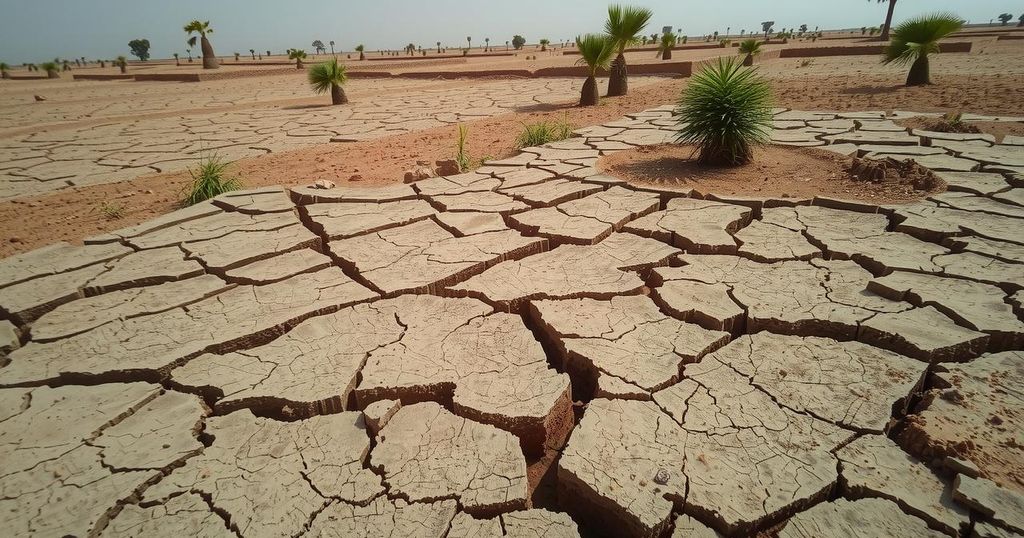In 2024, approximately 92% of South Sudan’s population lived in extreme poverty, according to a new World Bank report. Key factors include poor governance and rampant inflation, which has reached 139%. The report advocates for effective policy interventions to address these crises.
A recent World Bank report revealed that in 2024, approximately 92% of South Sudan’s 11 million population lived below the extreme poverty line, defined as earning less than $2.15 a day. This alarming statistic was presented in the seventh edition of the South Sudan Economic Monitor, launched in Juba. Factors contributing to this increase in poverty include inadequate governance, poor management of oil revenues, and ineffective fiscal policies.
The report, titled “A Pathway to Overcome the Crisis,” also noted that around 80% of the population is adversely affected by hyperinflation and widespread food insecurity. Charles Undeland, the World Bank Group’s Country Manager, stated that there has been a significant economic decline, with a projected GDP contraction of approximately 30% in Fiscal Year 2025 and inflation reaching a staggering 139% as of August 2024.
South Sudan’s Minister of Finance and Planning, Dr. Marial Dongrin Ater, emphasized that the findings of this report will inform existing and future policy interventions. He indicated that the government is committed to achieving macroeconomic stability through prudent fiscal and monetary policies, which have already yielded results like exchange rate stability and improved fiscal transparency.
Professor Robert Mayom Deng, Vice Chancellor of the University of Juba, highlighted the need for sound macroeconomic policies to combat the ongoing crises. He pointed out that rising inflation is increasing the cost of living and contributing to greater poverty levels. The report provides critical insights into necessary policy options that could pave the way for inclusive economic growth in South Sudan.
In summary, the World Bank’s latest report paints a grim picture of South Sudan’s economic situation in 2024, with 92% of its population living in extreme poverty. Contributing factors include poor governance, mismanagement of resources, and high inflation impacting everyday life. The insights provided by the report serve as a crucial guide for the South Sudanese government to address these pressing challenges and strive for sustainable economic recovery.
Original Source: www.radiotamazuj.org




